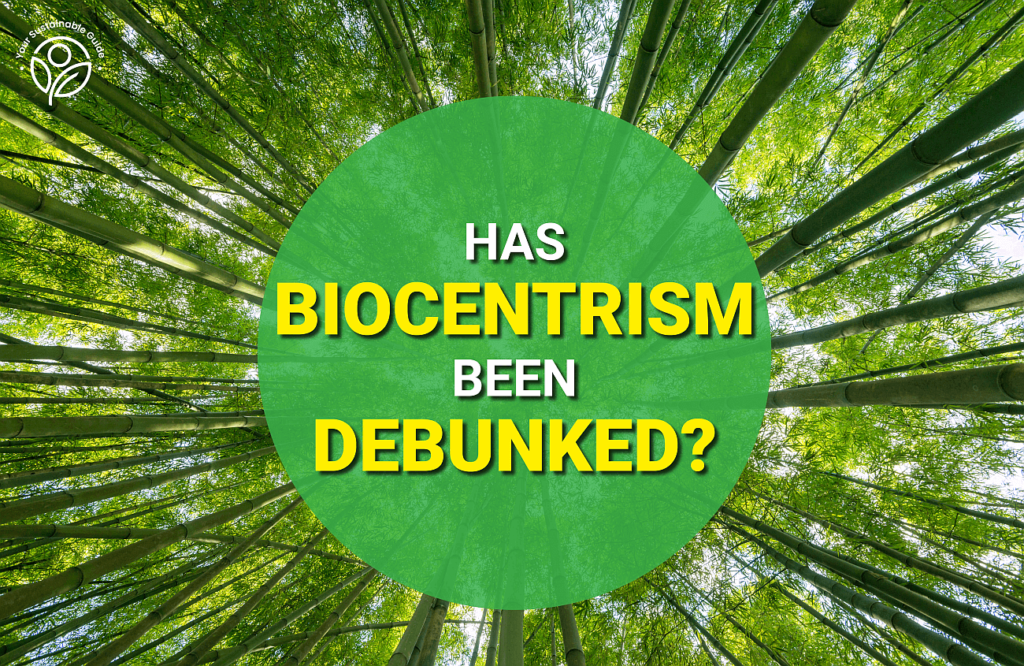Introduction:
Biocentrism, a philosophical viewpoint advocating for the inherent worth of all living entities, has sparked debates and controversies across ethical, philosophical, and scientific realms. At its core, biocentrism challenges the prevailing anthropocentric ideology by asserting that all life forms possess intrinsic value deserving of equal moral consideration. However, this seemingly altruistic concept has faced substantial scrutiny and criticism, raising significant doubts about its practicality and applicability in navigating the complexities of human-nature interactions.
The Foundation of Biocentrism:
Biocentrism represents a departure from the conventional human-centric view that places humans at the apex of existence, instead advocating for a more inclusive moral framework that extends ethical considerations to all living beings. Rooted in ecological interconnectedness, this ideology suggests that every organism, regardless of its complexity or sentience, holds inherent value and is worthy of respect and moral consideration.
The Ethical Dilemma:
While the idea of acknowledging the value of all life forms appears morally sound, biocentrism encounters a myriad of challenges when applied practically. One of its fundamental criticisms lies in the inability to resolve conflicts arising from competing interests among various life forms. In instances where human needs clash with conservation efforts or the preservation of certain species or ecosystems, biocentrism fails to provide clear guidelines for decision-making.
Moreover, the rigid application of biocentric principles raises ethical quandaries, potentially leading to extreme conclusions. For instance, adhering strictly to the belief that all life forms have equal intrinsic value might propose abstaining from actions crucial for human progress, such as agricultural practices, infrastructure development, or medical advancements involving animal testing. This presents a paradox where the pursuit of human well-being conflicts with the preservation of other species.
Scientific Perspectives and Critiques:
From a scientific standpoint, biocentrism faces criticism for oversimplifying the intricate dynamics of ecological systems. While it emphasizes the interconnectedness of life forms within ecosystems, critics argue that it disregards the complexities inherent in these systems. Ecosystems are influenced by a multitude of factors, including abiotic elements, and reducing their functioning merely to the intrinsic value of living organisms might oversimplify the delicate balance of nature.
The Unacknowledged Hierarchies:
Another significant critique of biocentrism revolves around its failure to acknowledge inherent hierarchies and natural orders prevalent in ecosystems. The ideology’s stance on equal intrinsic value for all life forms neglects the ethical implications of natural hierarchies, such as predator-prey relationships or the necessity of certain species to maintain ecological balance. Ignoring these complexities can hinder a comprehensive understanding of nature’s functioning.
Practical Applications and Limitations:
When considering practical applications, biocentrism encounters limitations in providing a viable framework for human-nature interactions. While the ideology advocates for preserving and respecting nature, its lack of practical guidelines in addressing real-world challenges poses significant hurdles. In scenarios where conservation efforts conflict with human needs or economic development, biocentrism offers little guidance, leaving decisions open to subjective interpretations.
Potential Repercussions and Balancing Acts:
The implementation of biocentrism’s principles without a nuanced approach could have far-reaching consequences. While advocating for the protection of all life forms, its extreme application might impede crucial advancements essential for human well-being. Finding a balance between respecting nature and ensuring human progress remains a considerable challenge in the practical application of biocentrism.
Revisiting Ethical Considerations:
The ethical implications of biocentrism extend beyond its practical limitations. By solely focusing on the intrinsic value of all life forms, the ideology overlooks the moral complexities inherent in human-nature relationships. Ethical considerations should encompass not only the intrinsic value of living beings but also the interdependence, hierarchies, and broader implications for human welfare.
Evolving Perspectives and Alternative Approaches:
Acknowledging the limitations of biocentrism prompts the exploration of alternative ethical frameworks that better encompass the complexities of human-nature interactions. Some scholars advocate for a more holistic approach that considers not only the intrinsic value of living organisms but also factors in ecological systems’ functioning, hierarchies, and interdependencies.
Conclusion:
Biocentrism, with its emphasis on the inherent value of all living entities, presents an intriguing ethical standpoint challenging anthropocentric views. However, its practical application encounters significant hurdles, ranging from ethical dilemmas to scientific oversimplification. While promoting respect for nature, biocentrism falls short in providing comprehensive guidelines for navigating the complexities of human-nature interactions. A nuanced and inclusive ethical framework that considers the intricate dynamics of ecosystems may offer a more pragmatic approach to address the ethical and environmental challenges we face.


